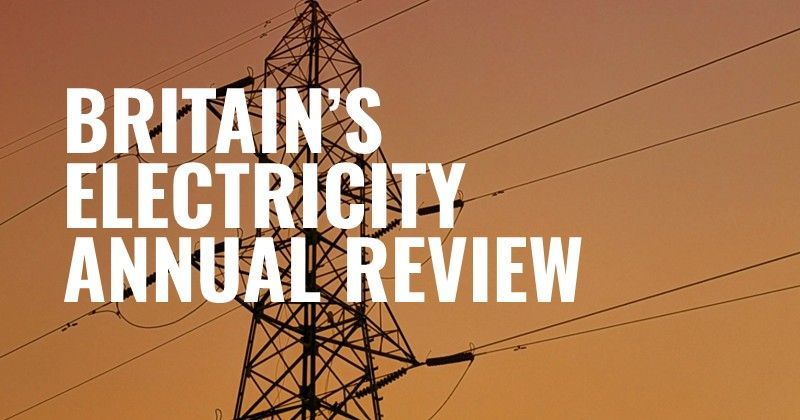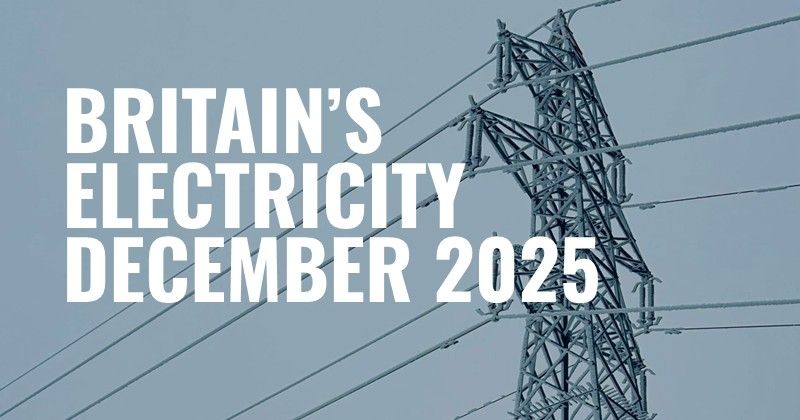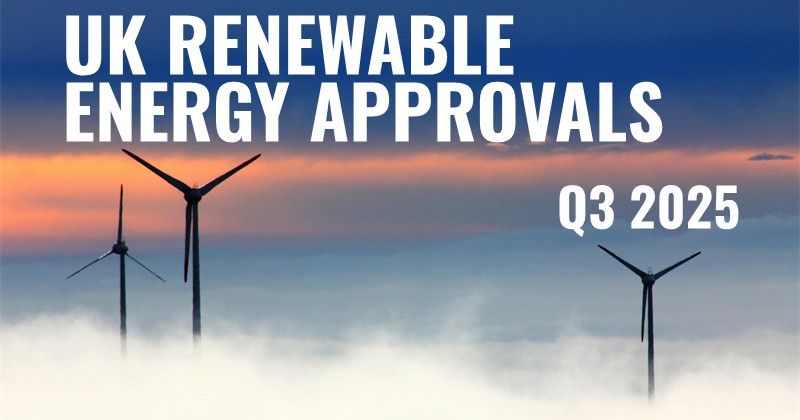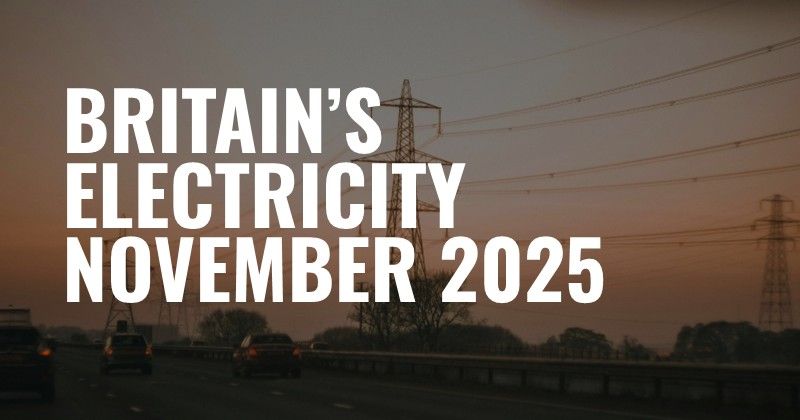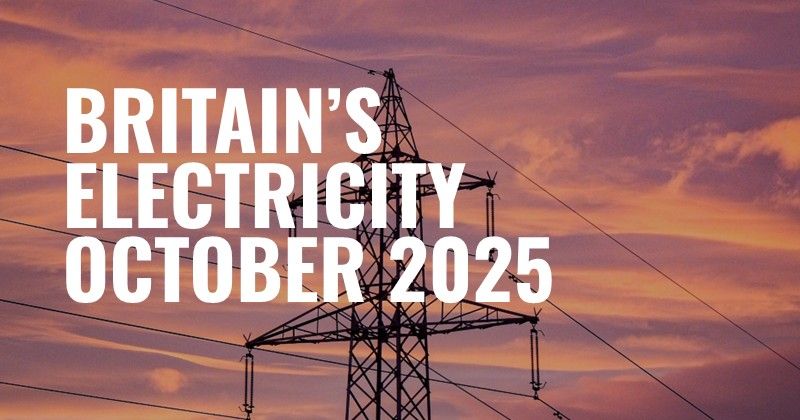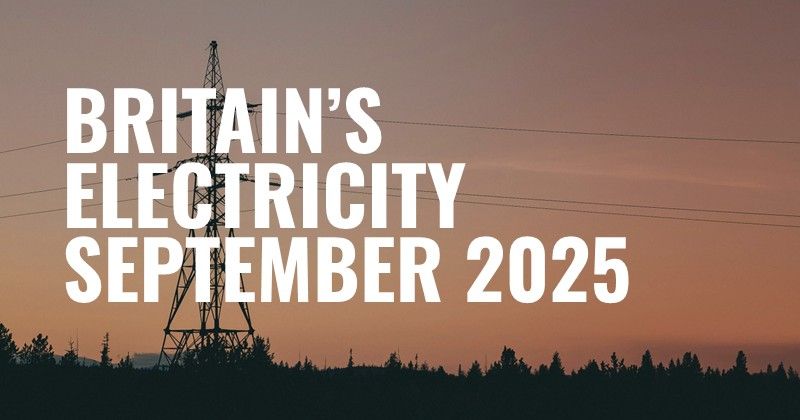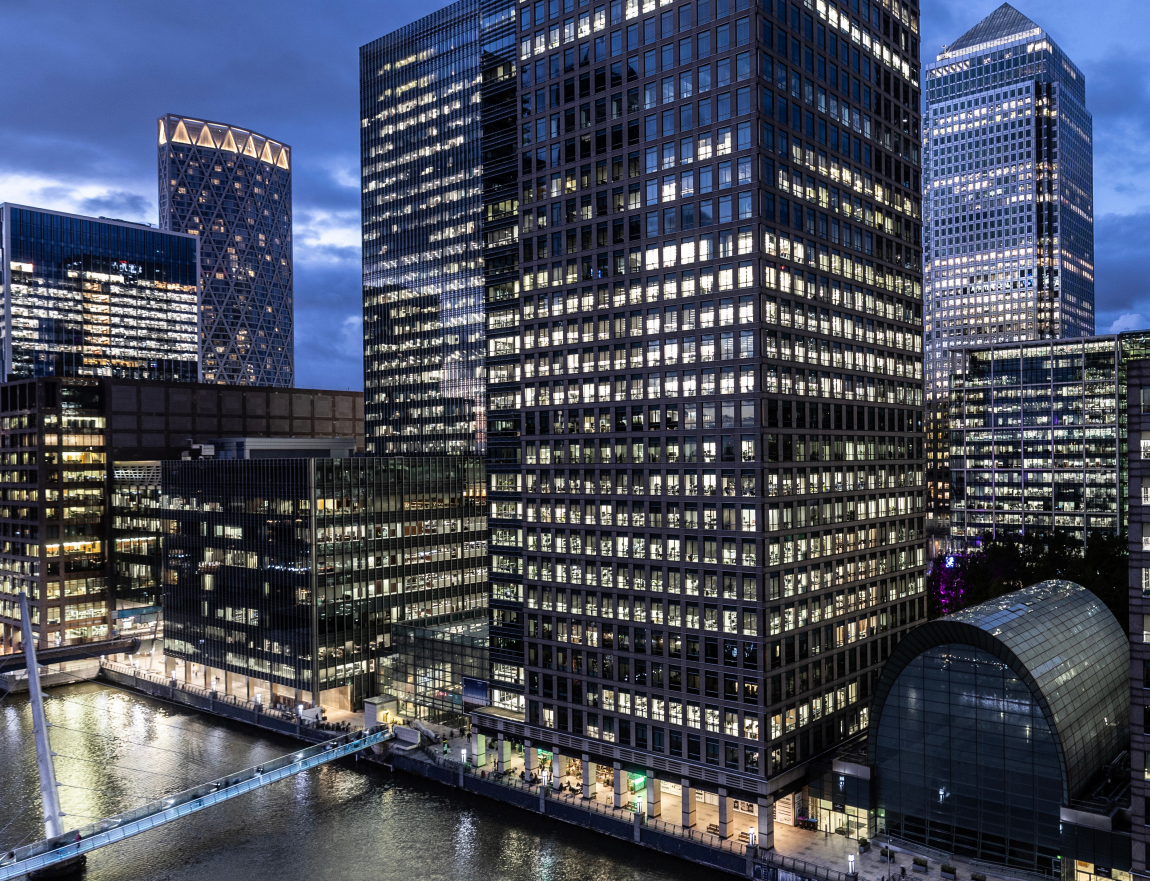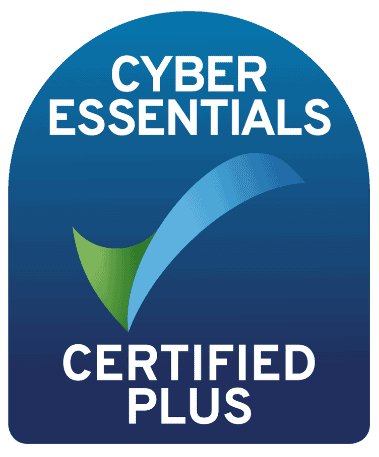Supply chain engagement, as part of your sustainability strategy, will make your business stronger
Don't fear Scope 3, embrace it
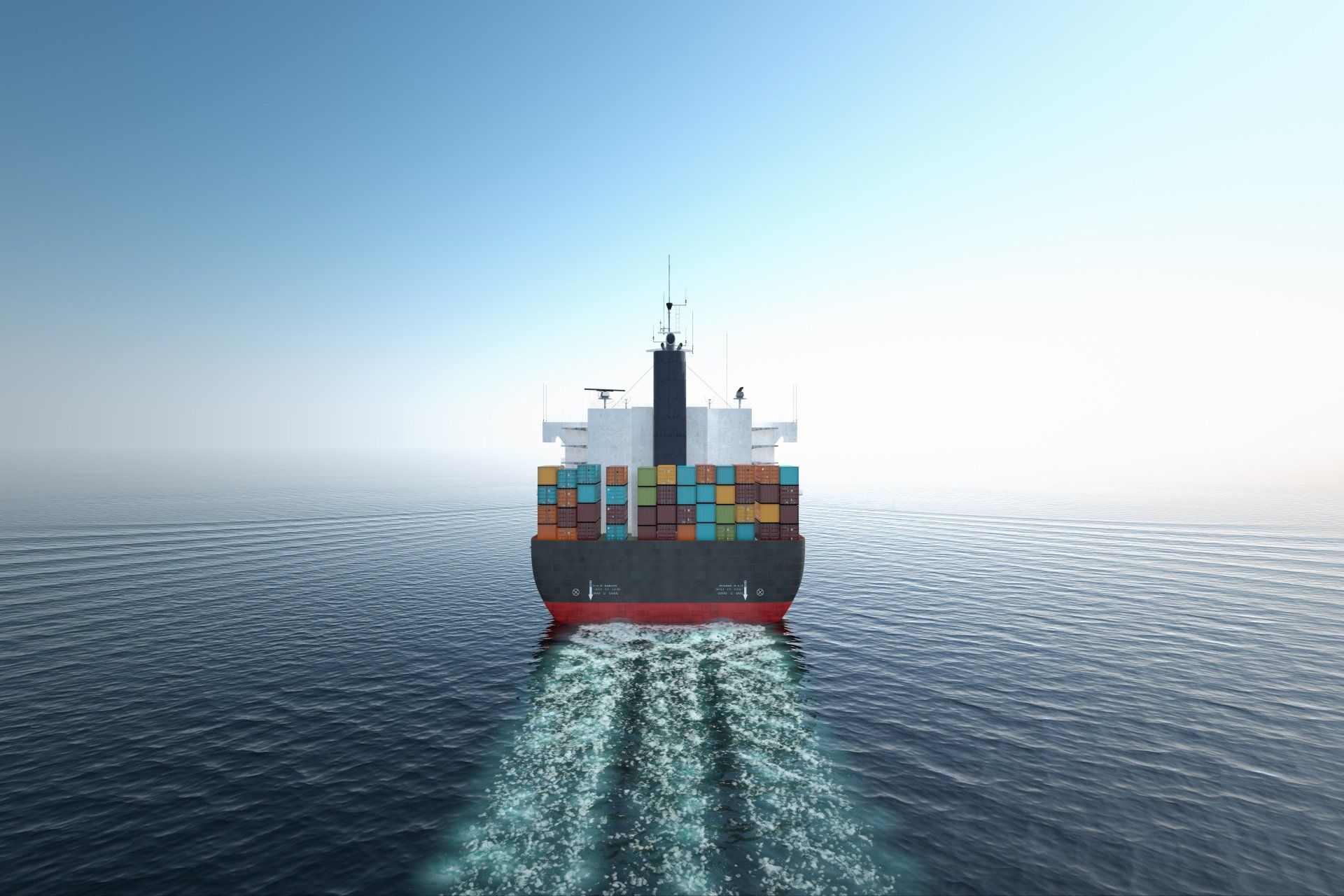
What are the three Scopes?
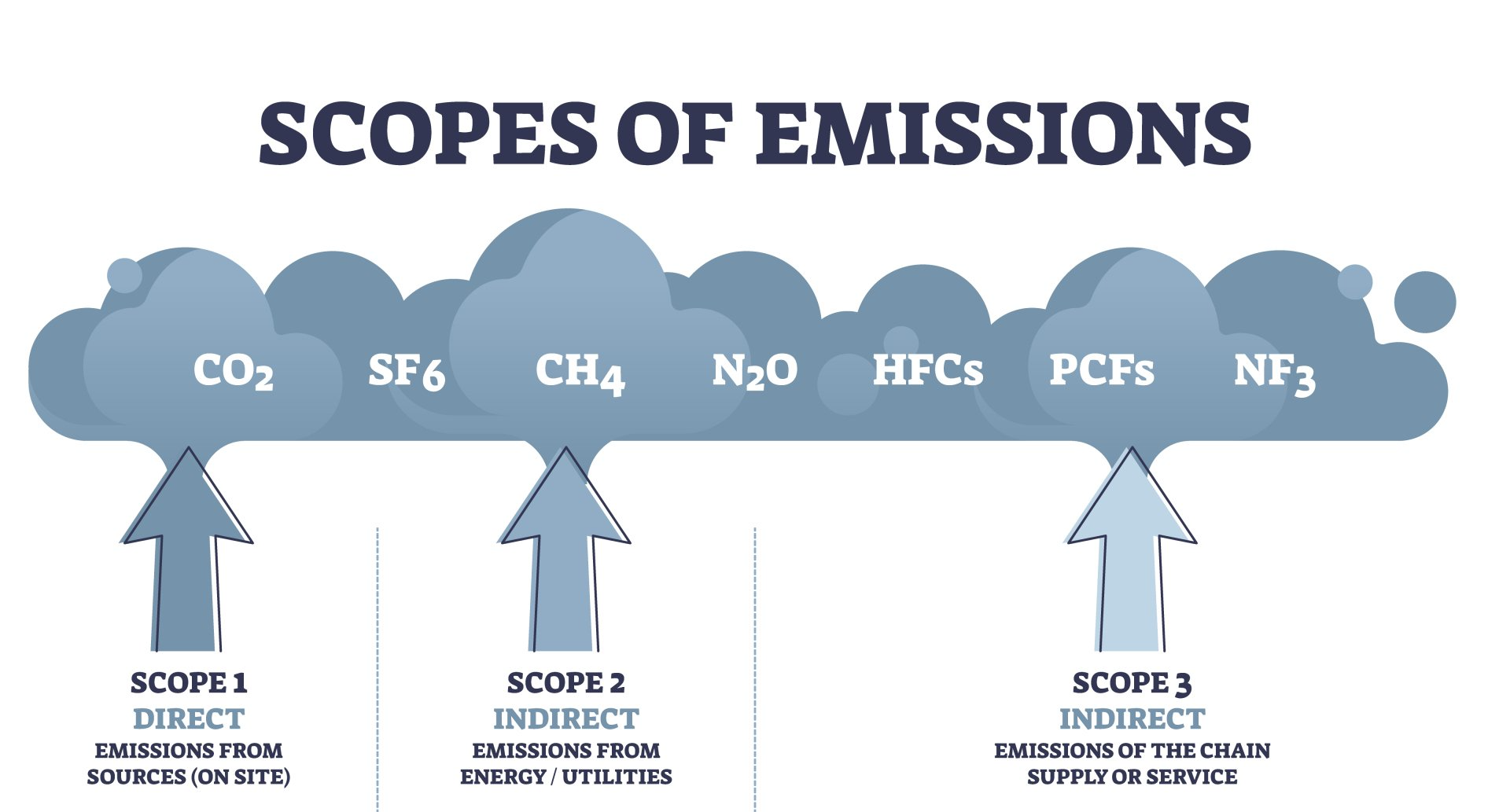
The Greenhouse Gas Protocol divides emissions in three categories:
- Scope 1: Emissions released directly from a business
- Scope 2: Indirect emissions released from the energy purchased by an organisation
- Scope 3: Indirect emissions, accounting for upstream and downstream emissions from a product or service and emissions across your supply chain
As a business, Scope 1 and Scope 2 are pretty much in your control: you own the data and to a certain extent have control of the people and processes.
Scope 3 can put fear into even the most experienced sustainability professional.
Why the fear?

It's big: At least 90% of your overall footprint and in some instances even more, depending on the industry
It's hard to organise: It can be a bit like 'herding sheep'. You have multiple suppliers from potentially different sectors, different attitudes to sustainability, and different stages of 'carbon maturity'.
It's complicated: Some will have data, some will not. It might be very manual at the start. Your suppliers might be in different countries, speak different languages and have different legislation. How do you summarise your findings to give them value?
Ultimately, this is the right thing to do. A net zero strategy which covers Scope 3 communicates clear intent to make a difference to the way you operate. Tackling Scope 3 will embed sustainability into your overall culture and BAU operations sooner rather than later; before the mountain becomes too steep.
A three-step approach
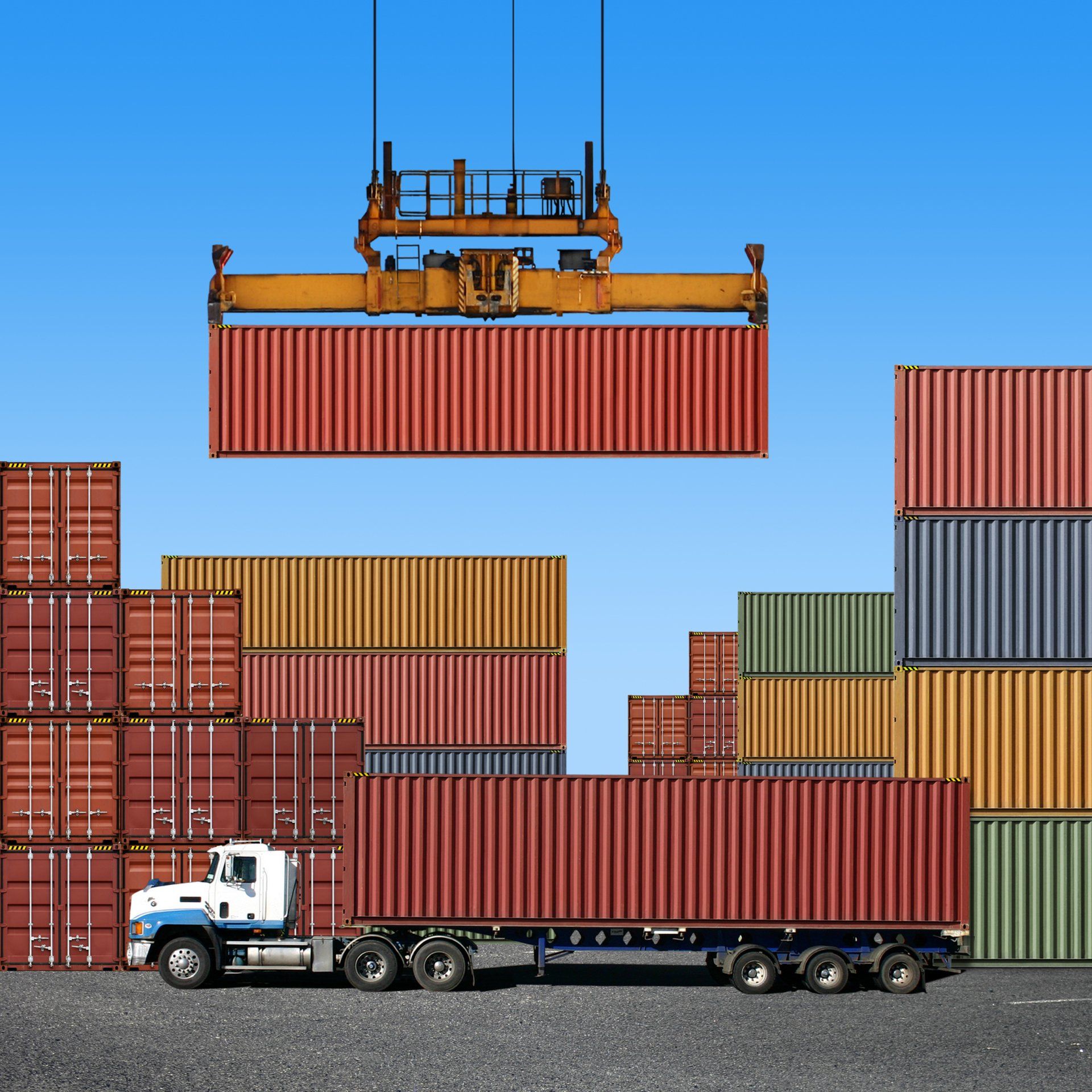
If your organisation doesn’t cover Scope 3 in your targets don't immediately worry; but do start planning to extend your horizons. If you do have it embedded in your targets but haven’t engaged with your supply chain, once again don't panic.
Below are a few simple thoughts on how to achieve your goals and thrive in the process.
Step One: Be Organised
As with most things we deal with in the world of energy and sustainability, if you don't know the start position, how will you know what you've achieved? Scope 3 is an enormous element of your overall carbon footprint, so you need to understand the problem in detail.
This can be done through realistic assumptions and estimates to start with, but ultimately going straight to the source and asking 'simple' and straightforward questions is going to be the most effective way of building clear data sets. We would like to emphasise the word 'simple'. You don't want to turn suppliers off before you've even started. Build 'data confidence' over time.
Start with a simple survey, which takes no more than 10 minutes to complete. Then build from this starting point. Once you have a base line of information, you can progressively expand the questions over time.
Step Two: Be Engaged
Using data requests in a new procurement process is an effective way of gaining the data quickly. However, engaging with an already established supplier is a slightly different process. Demanding that legacy suppliers give you 100 separate pieces of data by next week might work, but it is likely to damage a relationship rather than enhance it.
We are finding that organisations who outline their own intention for net zero and why they are asking for this information will get better long-term results from their supply base. This moves it from a purely transactional relationship to one which is a true embedded partnership.
If you can articulate what you need and why, it's amazing what suppliers will do. If you can’t do this then, you don’t have a well-considered plan.
Step Three: Be Consistent
Have a plan and let your suppliers know about it. Tell them what you are doing and what has worked in the past and what hasn't. Achieving net zero is a multi-layered process and one which will have many twists and turns along the way. Your customers will demand change and your supply chain needs to be aware of it. This will take time and needs continuous focus. Don't expect it to happen overnight.
Bring structure to your plan. Examples of how this can be done are:
- Creating a simple and easy data capture process (preferably an online platform rather than spreadsheets)
- Create sustainability forums with suppliers included
- Build a communication hub outlining key achievements and announcements
- Ring fence green 'funds' to subsidies capex programmes
- Develop joint community events across your business regions
These actions will ease the pain and really move things forward for your engagement plan.
It isn't easy, but the rewards are huge
One thing is for certain, sustainability and carbon reduction programmes will become part of standard business practice. If they are not embedded into BAU operations, customers and policymakers will make it very hard for organisations to remain financially viable.
There is a business need to create true joined up engagement across the whole supply chain. Increasing dialogue and forming a common link between each organisation in your network of businesses can only improve your ability to adapt to change through the sharing of innovative ideas and building true partnerships.
If you would like to talk to the edenseven team about effective steps to implement Supply Chain Engagement programmes, please get in contact with us.
